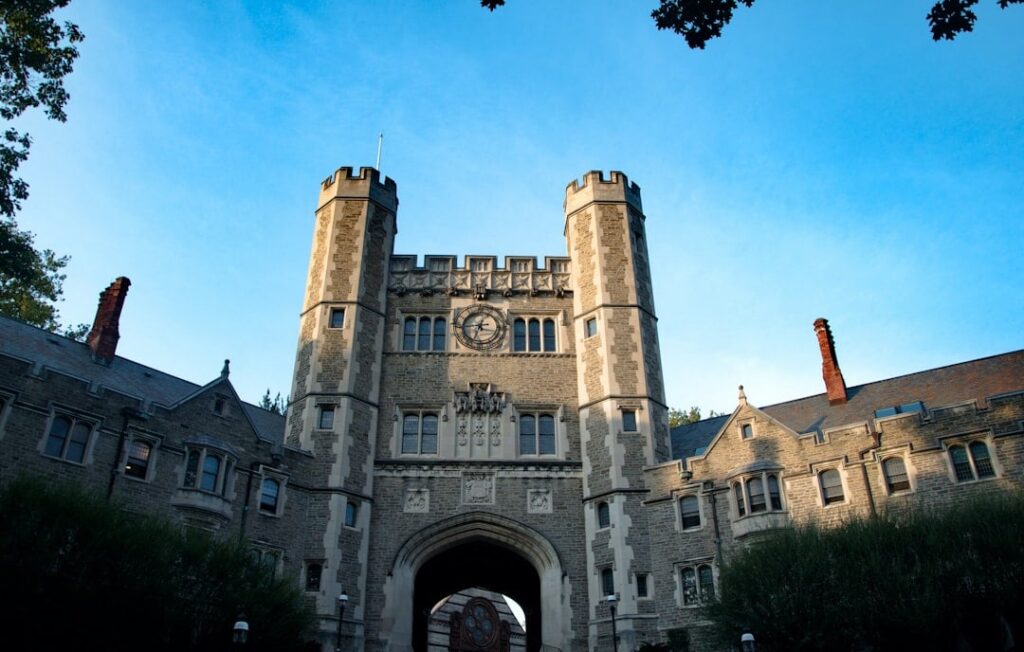
Princeton University has confirmed a significant cybersecurity breach affecting its Advancement database. The incident, which occurred on November 10, 2025, has exposed personal information related to alumni, donors, students, faculty, and parents. The university stated that while the breach is now contained, the affected system included contact details and records associated with fundraising and engagement activities.
The university’s internal monitoring systems first detected the intrusion, prompting security teams to isolate the database and cut off unauthorized access. Forensic specialists, along with law enforcement, are currently aiding in the investigation to determine how the breach occurred and to identify any information that may have been accessed or extracted. Preliminary findings indicate that the attack was confined to the Advancement system, with no impact on other university networks or services.
While Princeton has not disclosed the specific method or vulnerability exploited by the attackers, there is a possibility that compromised credentials facilitated the breach. In response, the university is reviewing its cybersecurity infrastructure, enhancing patching practices, and implementing additional monitoring and authentication measures.
Princeton began notifying potentially affected individuals on November 15. The university cautioned that some individuals, particularly those lacking a valid email address or whose notifications were filtered as spam, may not have received the initial alerts. Consequently, all members associated with the groups in the Advancement database—including alumni, faculty, current students, and donors—should assume their contact information may have been compromised.
While the breached database is not reported to contain sensitive identity or financial information, Princeton has advised individuals to remain vigilant against potential phishing attempts and social engineering attacks that often follow such incidents. The university emphasized that legitimate representatives will never request sensitive data, such as Social Security numbers or banking information, through unsolicited communications.
Individuals receiving suspicious messages are encouraged to verify the legitimacy of the communication by contacting known Princeton offices directly, rather than responding to the emails or texts. Princeton has committed to transparency throughout the investigation and will inform individuals if future findings reveal a more extensive exposure of data.
The incident highlights the critical need for robust cybersecurity measures within higher education institutions, which often manage substantial datasets spanning various activities. Princeton maintains a proactive security approach, including regular risk assessments, vulnerability remediation, and annual mandatory training for staff on security protocols. These efforts are part of a broader initiative aimed at fortifying the university’s digital environment.
As the investigation unfolds, Princeton is focused on protecting both personal and institutional data while enhancing its cybersecurity defenses. Although the full extent of the breach is still under assessment, the university’s swift response and ongoing mitigation strategies aim to minimize long-term risks and strengthen overall resilience against future threats.







